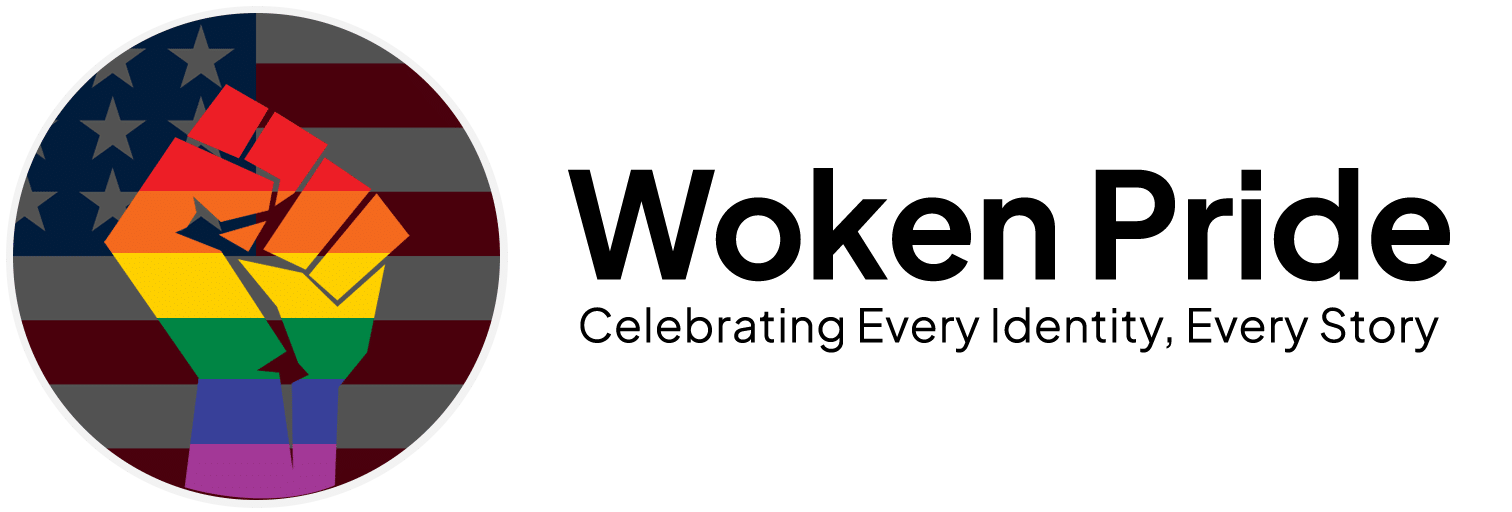As conservative activists and legislators continue their campaign against diversity, equity, and inclusion (DEI) initiatives within businesses and schools, they may have just pulled their most influential move yet by getting Ford Motor Co. to pull back from their DEI programs.
Shift Away From DEI Programs Grows Among Businesses
Whereas the 2010s saw corporations double down on identity politics and DEI programs, this year has seen a major trend among businesses pulling back on such initiatives or pulling out from them entirely.
DEI efforts can be traced back to the Civil Rights Movement and the Civil Rights Act of 1964, which outlawed employment discrimination and created the Equal Employment Opportunity Commission (EEOC) to enforce these rights.
The trend of ending DEI programs started with companies that relied on a more conservative customer base, like John Deere Tractor Co., but as conservative activists continue to gain momentum, larger companies are starting to bow to this mounting pressure.
Ford’s Balancing Act
The latest company to publicly pull back from its DEI programs is Ford Motor Co., which is now attempting to find the balance between supporting the diverse employees within its company while also still appealing to conservative consumers.
In an internal email to the Ford company, CEO Jim Farley attempted to ensure employees that the company is restructuring its DEI programs to be more respectful of the differing opinions of their employees and customers.
Farley’s email said, “We are mindful that our employees and customers hold a wide range of beliefs” and that they must adapt because “the external and legal environment related to political and social issues continues to evolve.”
Prioritizing Business Over Social Commentary
Due to this evolving political ecosystem, Farley said Ford is now “prioritizing its resources for business purposes versus publicly commenting on the many polarizing issues of the day.”
This email was part of a broader message to employees that they will no longer have hiring quotas and will be refocusing resources toward their business instead of public commentary on social issues.
However, the Human Rights Campaign (HRC) was quick to condemn the decision and say they were abandoning their responsibility to support marginalized employees within their company.
HRC Criticizes Ford for Abandoning DEI Commitment

“Hastily abandoning efforts that ensure fair, safe, and inclusive work environments for LGBTQ+ people based on manufactured outrage from MAGA bullies is bad business,” said Eric Bloem, vice president of the Human Rights Campaign.
“The Human Rights Campaign could not be more disappointed to see Ford Motor Co. shirking its responsibility to its employees, consumers, and shareholders,” said HRC President Kelley Robinson in a public statement.
Robinson also pointed out that nearly 30% of Gen Z identify as LGBTQ+ and that abandoning their DEI efforts could have long-term consequences for the company in the future.
Leading the Anti-DEI Movement
Like so many political movements before, there is often a polarizing figure leading the charge and rallying others to the cause, and when it comes to forcing companies to reevaluate DEI programs, that figurehead is Robby Starbuck.
Robby Starbuck, a vocal critic of DEI initiatives, self-described anti-woke activist, and former music video director, has already gone on social media and claimed he was a major influencer in Ford’s decision.
“We’re now forcing multibillion-dollar organizations to change their policies without even posting just from fear they have of being the next company that we expose,” Starbuck said.
Business Leaders Reconsidering DEI Programs Privately
Despite Starbuck’s efforts, there are still many business leaders who publicly support DEI programs but are most likely still reconsidering these programs behind closed doors due to mounting pressures.
With the anti-DEI rhetoric gaining traction among conservative consumers and legislators, there has been a clear shift in companies feeling they must provide political commentary as part of their marketing strategy.
A recent Gallup and Bentley University survey revealed that public support for companies taking a public stance on social issues is slowly starting to wane, with less than 40% of U.S. adults now supporting such actions.
However, the survey also showed that certain communities still support companies making political stances on issues, like LGBTQ+ adults, Black adults, and Democrats.
Featured Image Credit: Shutterstock / Tada Images.
The images used are for illustrative purposes only and may not represent the actual people or places mentioned in the article.
- K. Leightyhttps://wokenpride.com/author/keegan-leighty/
- K. Leightyhttps://wokenpride.com/author/keegan-leighty/
- K. Leightyhttps://wokenpride.com/author/keegan-leighty/
- K. Leightyhttps://wokenpride.com/author/keegan-leighty/

